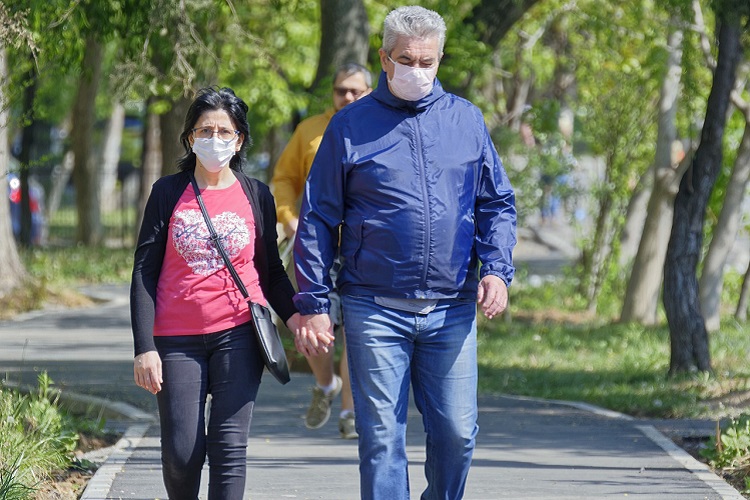Georgia, as all other countries, faces challenges from the COVID-19 pandemic. Since diagnosis of Georgia’s first case on 26 February 2020 (as of 2 June), 796 cases and 12 deaths have been confirmed, including symptomatic patients, those in travel-related quarantine, or through tracing contacts of confirmed cases.
Georgia has implemented a strong package of non-pharmaceutical interventions to control the spread of the virus, which has put a stop to many sectors of the economy. Citizens are making many sacrifices socially and economically in order to prevent spread of the virus.
This project aims to further elucidate the epidemiology of COVID-19 in Georgia by retrospectively evaluating the contact tracing data.
Data are held by the National Centre for Disease Control (NCDC) on all COVID-19 tests (more than 22,000 conducted) and contact tracing (>19,000 contacts traced). This provides an opportunity to investigate the rate of transmission to contacts and whether odds of transmission differ according to demographic characteristics or type of contact (household, workplace, etc).
We will analyse the contact tracing data to calculate the number and type of contacts reported, and the rates of transmission (household secondary attack rate, observed reproductive number, and time from exposure to infection), to understand how the virus is spreading in Georgia.
By investigating whether certain types of contacts are riskier than others for transmission, we aim to help inform policy decisions about how to proceed with removing some restrictions. The results from Georgia will also be of interest to other countries, where data on COVID-19 transmission may not be as extensive or available.

Study timeline
Ethical approval, data cleaning, data analysis and drafted write up to be completed by 31 July 2020.
Funder
This project is funded by the Elizabeth Blackwell Institute for Health Research at the University of Bristol’s Rapid Response funding call: COVID-19 Global Public Health.
Research team
Josephine Walker, Peter Vickerman, Adam Trickey, Aaron Lim, Jack Stone in collaboration with NCDC and Tephinet in Georgia (Amiran Gamkrelidze, Maia Tsereteli, Vladimer Getia (NCDC); Irine Tskhomelidze, Tinatin Kuchuloria, Lia Gvinjilia (Tephinet)